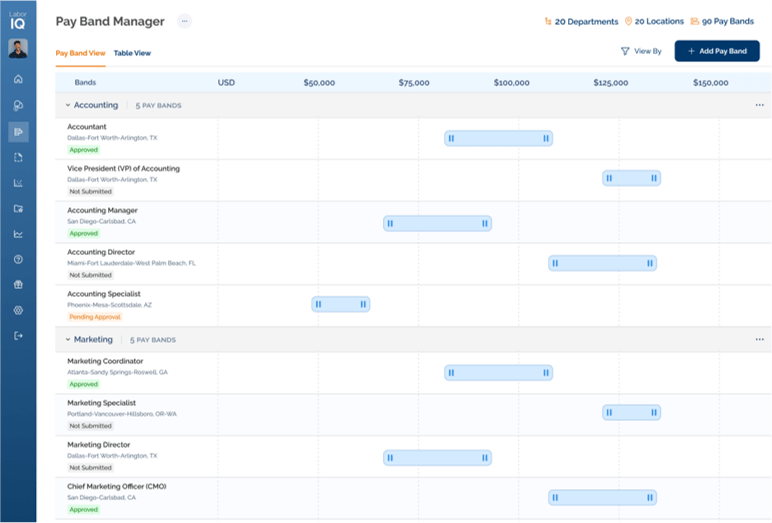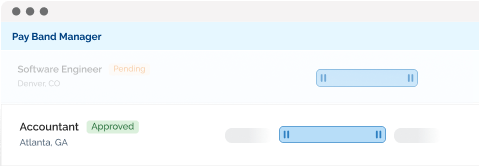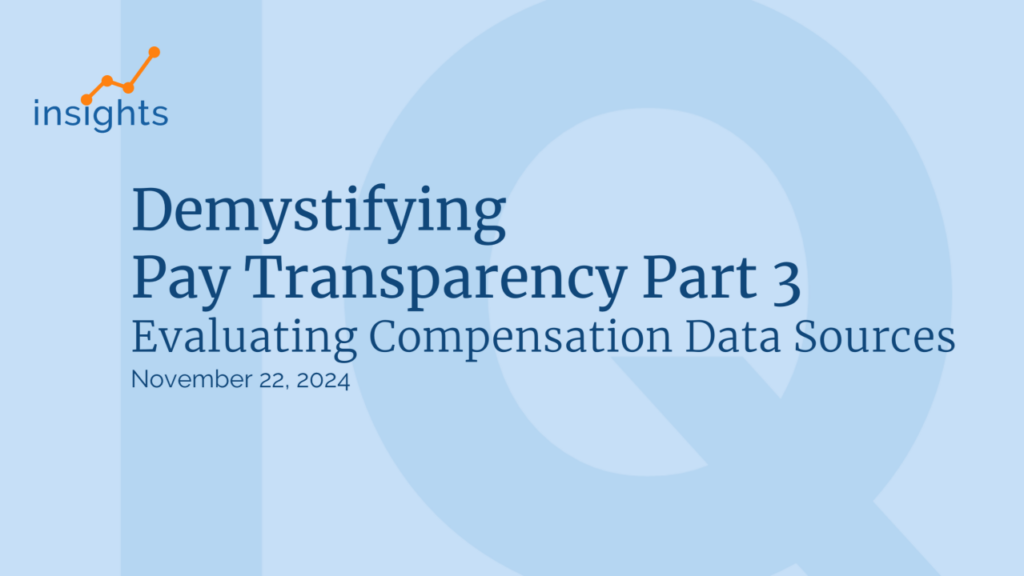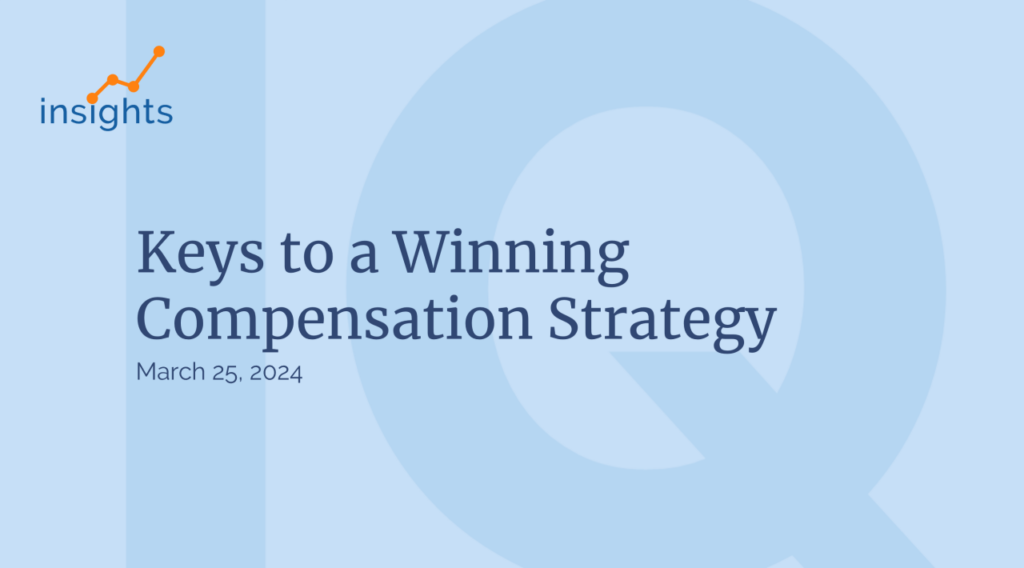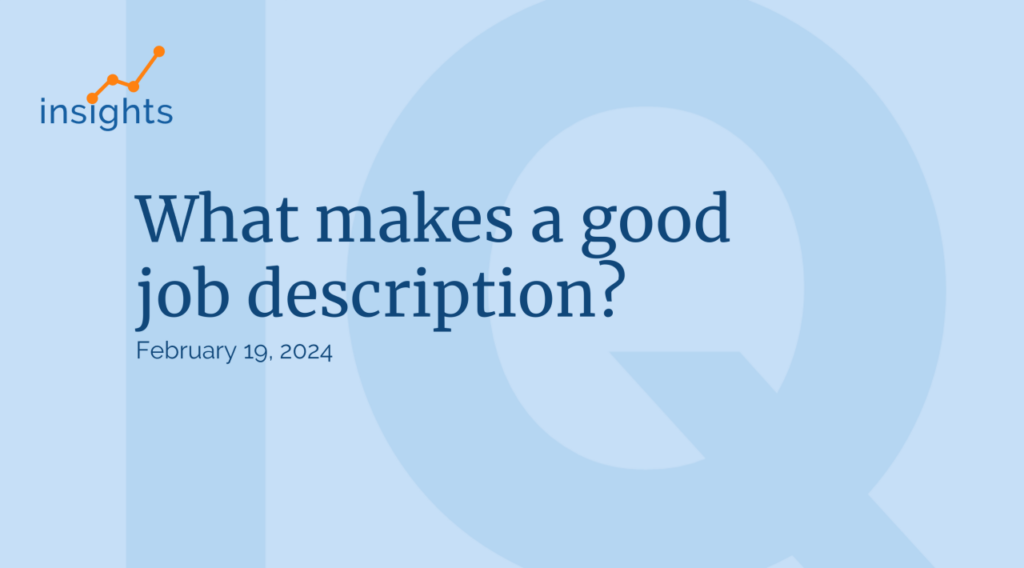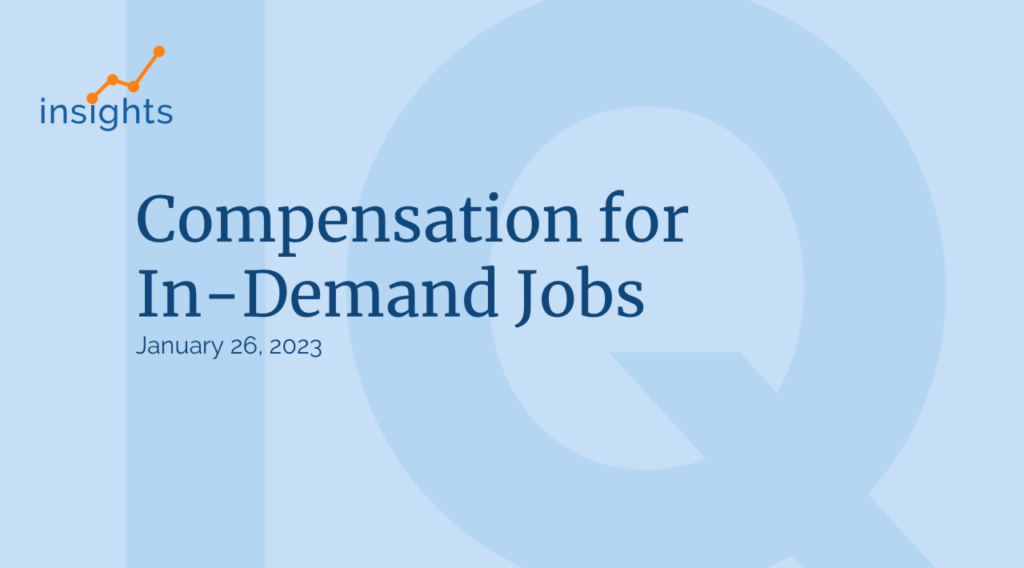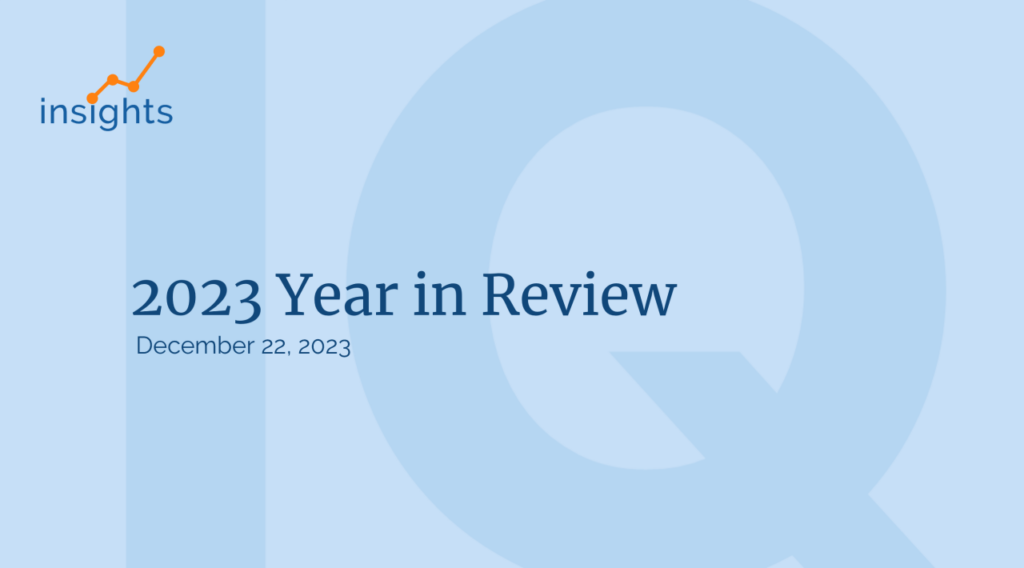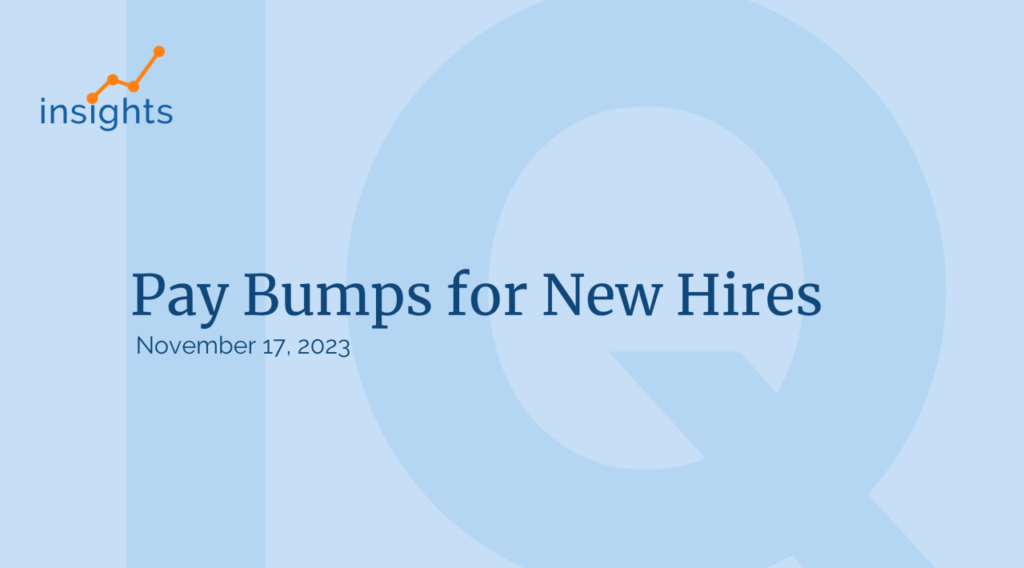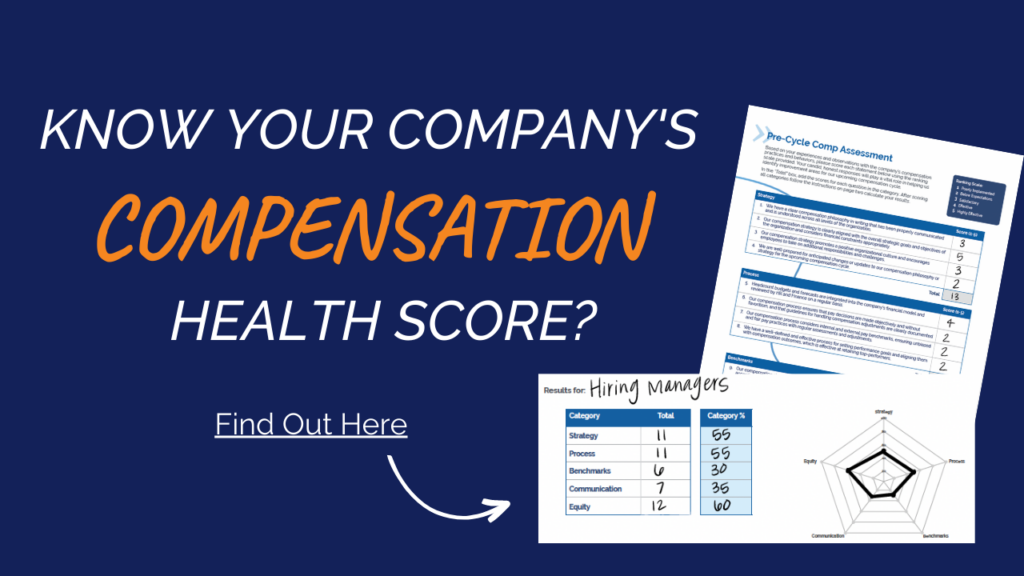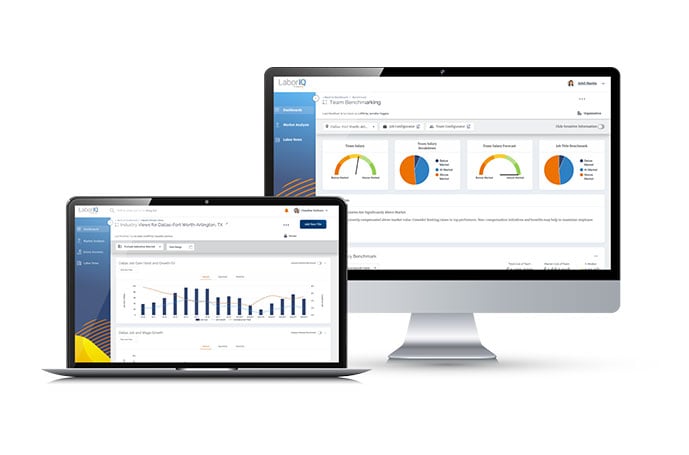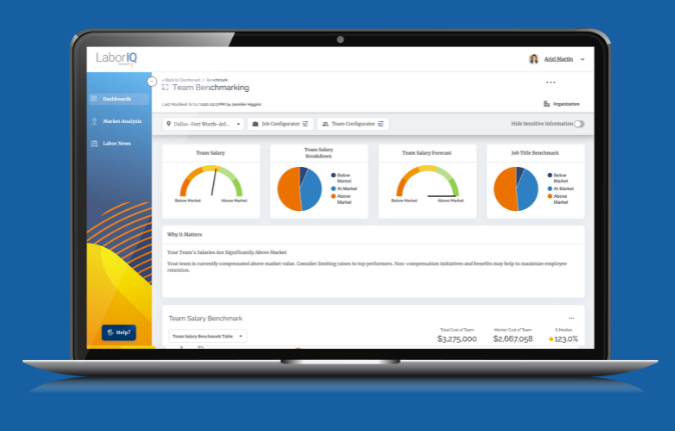Compensation software has become a critical part of modern compensation strategy, helping organizations move beyond administrative tasks to make smarter, data-driven decisions. As pay transparency laws expand and talent competition intensifies, HR professionals require sophisticated technology platforms to manage complex compensation decisions, ensure legal compliance, and maintain a competitive advantage. This article examines how compensation software transforms organizational capabilities in talent acquisition, retention, and pay equity management.
The Digital Transformation of Compensation Management
Market-Driven Technology Adoption
The compensation software market has experienced explosive growth, with the global compensation management software market projected to reach $3.9 billion by 2027. This growth reflects organizations’ increasing recognition that manual compensation processes cannot meet modern business demands for speed, accuracy, and compliance.
Regulatory Compliance Automation
Compensation software provides automated compliance monitoring across multiple jurisdictions, essential as pay transparency laws expand nationwide. These platforms track regulatory changes, flag potential violations, and generate required reporting automatically, reducing legal risk and administrative burden.
Strategic Benefits for HR Organizations
Enhanced Decision-Making Accuracy
Modern compensation software integrates real-time market data from multiple sources, enabling HR professionals to make informed decisions based on current market conditions rather than outdated survey information.
Pay Equity Monitoring and Analysis
Advanced analytics capabilities enable continuous pay equity monitoring across demographic groups, job families, and organizational levels. These tools proactively detect pay equity issues across roles and demographics, allowing HR teams to address gaps before they lead to compliance risks.
Hiring Strategy Optimization
Competitive Offer Development
Compensation software enables HR teams to develop competitive offers quickly and confidently. By analyzing market benchmarks, internal equity considerations, and budget constraints simultaneously, these platforms optimize offer packages to maximize acceptance rates while maintaining fiscal discipline.
Negotiation Support and Transparency
Modern platforms provide negotiation guidance based on market data and organizational policies, enabling consistent and defensible compensation discussions. This capability is particularly valuable as candidates increasingly expect detailed explanations of compensation decisions.
Leveraging Pay Recommendation Data for Retention
Predictive Analytics for Retention Risk
Advanced compensation software utilizes machine learning algorithms to identify employees at risk of departure based on pay positioning relative to market rates. These predictive capabilities enable proactive retention interventions before valuable talent seeks opportunities elsewhere.
Market Adjustment Automation
Platforms can continuously monitor market trends and recommend salary adjustments to maintain competitive positioning. This proactive approach prevents pay compression and ensures high-performing employees remain appropriately compensated relative to external opportunities.
Winning Job Offers Through Data-Driven Strategies
Personalized Compensation Packages
Compensation software such as LaborIQ makes it easy to personalize compensation packages using candidate profiles, market data, role requirements, and job descriptions. This sophisticated approach increases offer acceptance rates by demonstrating thoughtful consideration of individual circumstances and market realities.
Speed-to-Offer and Job Requisition Advantages
Automated pay recommendation engines significantly reduce time-to-offer, providing competitive advantages in fast-moving talent markets. Organizations can generate market-competitive offers within hours rather than days, add them to a job requisition process with approvals, and ultimately improve organizational efficiency and happy employees.












